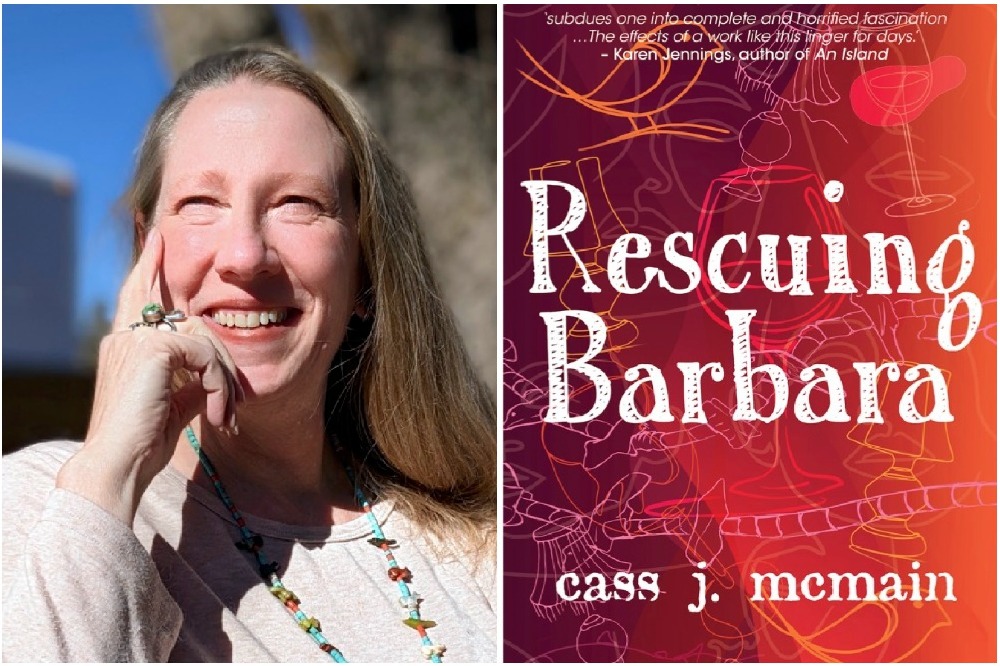Memories are funny things. Some hide from you almost completely. Some are playful, popping out now and then to amuse you. Some memories hang on you like weights, panting into your ear. Remember me, remember. If you have memories that won’t leave you alone, you might try writing about them.

Cass J McMain, Rescuing Barbara
When I decided to write a memoir, I wasn’t sure how to go about it. Writing non-fiction was something I had never done. It turned out to be one of the best things I could do for myself. It was like therapy. If you have a story to tell, you should give it a try. Almost everyone has a story. Even just one strong memory can be turned into a powerful narrative, and you probably have lots of strong memories.
Be prepared for some confusion. Your memories may not be as solid as you think they are. I had memories I was sure I could never forget suddenly become elusive when I tried to pin the specifics down. Don’t beat yourself up over minor details if you don’t need to. Remember, not everything has to be nailed to an exact date. A childhood memory can be vague: when I was a child, I fell down some stairs and cut my chin open. Or it can be very specific: I was attacked by a turkey when I was three. (Both are equally true. One of those things left a scar, and that’s the one I barely remember.) It helped to draw up a timeline and outline the position of the events I knew for certain first – the rest fell in place more easily once I had that base.
Above all, don’t overthink it. Just do it. Writing takes practice; it gets easier as you go along. Write it down, as much as you remember, even the parts you think are boring, especially the parts you’d rather forget. You can edit it later, and you never know what you might find. When I sat down to write my story, I thought I was wasting time. I thought I should be doing something more productive, not dredging up the past. But I surprised myself – the more I wrote, the better I felt. Writing it down was painful and it was embarrassing. It was also very cathartic. I let go of things I’d been hanging onto for years. I can’t recommend that highly enough.
If you don’t want to share it, you don’t have to. Write the thing for yourself. If you like it in the end and want to show it to others, you can. If you decide it’s private and just for you, that’s perfectly fine, too. Give yourself permission to feel all the feelings; tears are nothing to be ashamed of.
My memories are still with me, and of course some of them are still painful. But they no longer tug at my skirt like a child wanting attention. Pacified, they stand beside me. She remembered, they seem to say. Now we can rest.
About the book
Barbara should never have had a child; this much was obvious to both Barbara and her daughter, Cass. She had a long history of alcoholism, and whilst undeniably extraordinary, she was a terrible mother.
In a rare period of sobriety, Barbara tells the young Cass that if she ever starts drinking again, she should run as far away from her as she possibly can. It takes Cass many years to heed this advice but finally, as an adult, she cuts all ties, exhausted by her mother’s erratic and cruel behaviour. She ignores threats, abuse and pleas and focuses on her own life.
But unscrupulous men prey on vulnerable women like Barbara, and soon she has been abandoned in a care home without even a change of clothes, having signed away her house and what remains of her money to a con artist. A friend frantically calls Cass to come and, against her better judgement, Cass finds herself going to rescue Barbara from the ruins of her own life.


